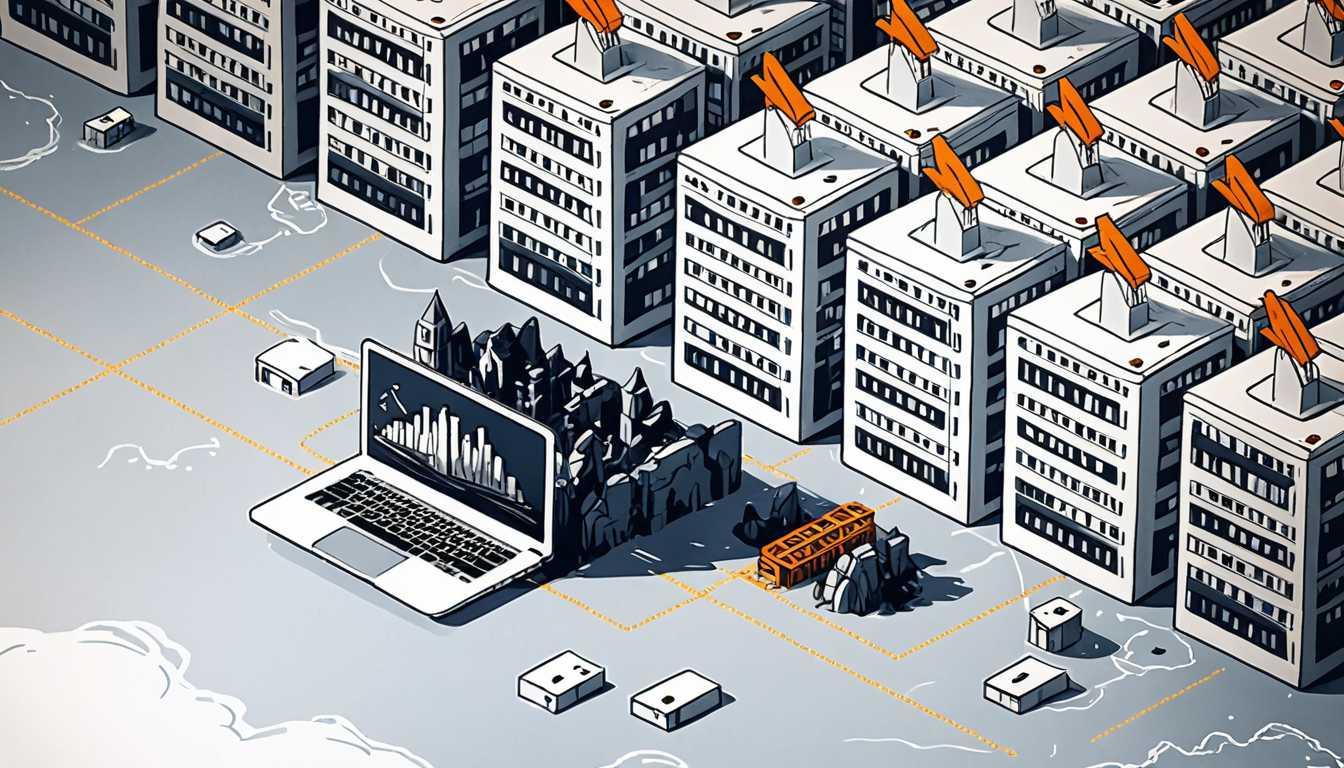Powering AI: The Energy Challenge Unplugged
January 2025
MIT News
Introduction
Hey students! Ever wonder what powers the AI behind your favorite apps? MIT News dives into the electrifying world of data centers, the silent heroes behind everything from streaming videos to online banking. With over 10,000 of these electricity-hungry giants around the globe, they’re consuming a staggering amount of power—think as much as 50,000 homes for just one! But don’t worry, researchers at MIT are on the case, exploring everything from nuclear energy to cutting-edge tech solutions. Buckle up and read on!
READ FULL ARTICLEWhy It Matters
Discover how this topic shapes your world and future
The Electrifying Impact of Data Centers on Our Future
Artificial intelligence (AI) is changing the world in ways we often don’t think about, and at the heart of this change are data centers—massive facilities that store and process the data that fuel AI technologies. With over 10,000 data centers globally and new ones sprouting up daily, they have become essential in our lives, from the videos we watch to the online banking we use. However, this surge in data centers comes with significant energy demands and environmental implications. In the U.S. alone, data centers consumed over 4% of electricity in 2023, a number that could rise to 9% by 2030. This rapid growth presents challenges not just for technology companies but for the entire planet. It leads to debates about sustainability, energy sources, and the future of clean energy. Understanding the balance between technology and our environment is crucial for you as future leaders—what choices will you make to tackle these pressing issues?
Speak like a Scholar
Data Center
A facility that houses a large number of computer servers and equipment for storing and processing data.
Sustainability
The ability to maintain certain processes or states indefinitely, often referring to practices that do not deplete resources or harm the environment.
Hyperscaler
A company that operates large-scale data centers and cloud computing services, such as Google or Amazon.
Carbon Emissions
Greenhouse gases released into the atmosphere as a result of human activities, particularly from burning fossil fuels.
Interconnection Queue
The waiting line for new electric generation projects to be connected to the power grid, which can delay energy access.
Decarbonization
The process of reducing carbon dioxide emissions to combat climate change, often through using clean energy sources.
Independent Research Ideas
The Role of Renewable Energy in Data Center Operations
Investigate how data centers can transition to renewable energy sources, exploring both successes and challenges. This topic is fascinating because it touches on technology, environmental science, and economics.
The Impact of AI on Energy Consumption
Analyze how AI technologies can be optimized to reduce the energy demands of data centers. This investigation could reveal unique intersections between computer science and sustainability.
Nuclear Energy's Potential in Modern Technology
Explore the implications and safety of using nuclear energy to power data centers. This can be a riveting study as it combines technology, environmental ethics, and public policy.
The Future of Carbon-Aware Computing
Research how shifting computing tasks based on energy availability can lead to sustainable practices. This topic can unveil innovative solutions to energy management and is particularly relevant for tech-savvy students.
Community Perspectives on Data Center Development
Examine the local impacts of data centers on communities, focusing on economic benefits versus environmental concerns. This research can engage with sociology, economics, and urban planning.
Related Articles

Revving Up EV Batteries with Reality
August 2023
Stanford University

AI's Energy Crisis: Powering the Future
December 2024
MIT Technology Review

Generative AI: The Hidden Environmental Cost
January 2025
MIT News

AI: Unlocking Safe Water Access
April 2023
UC Berkeley

Greening AI: The Future of Computing
June 2024
Caltech - Research News